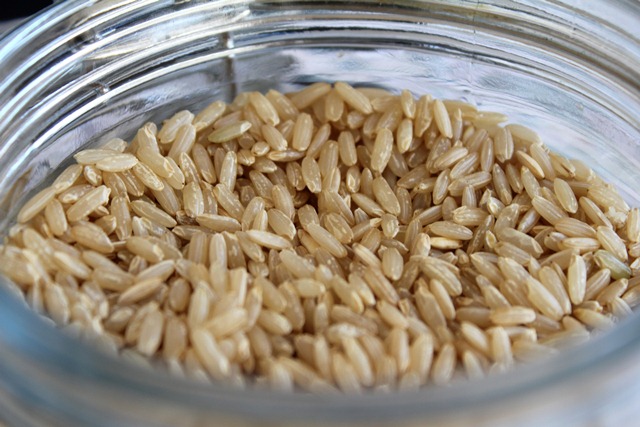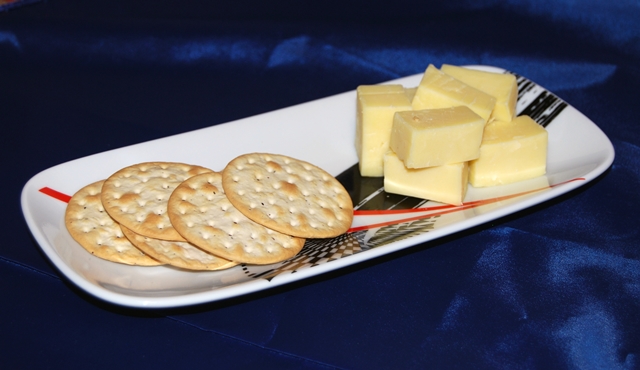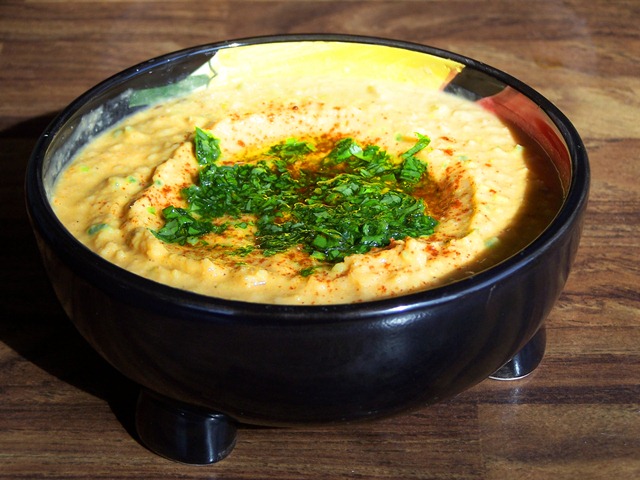
Sleep deficiency is one of the most common problems faced by people of all ages. Many factors can help or hinder the various stages of sleep, and what we eat and drink is one of them. So if it takes you more than 15 minutes to fall asleep at night, quicken your trip to dreamland by changing what you eat in the evening. It can make the difference between staring at the ceiling and sleeping like a baby.
While nutrients do not often act like an instant sleeping potion, targeted nutrients can have a more subtle cumulative effect on getting to fall sleep and stay asleep. Certain foods have proven to provide natural sleep-inducing chemicals that can aid in falling asleep faster and sleeping for longer. While protein-rich foods can keep the brain alert, foods rich in carbohydrates slow the brain and body down. Here is some food for thought:
1. Fish

Most fish—and especially salmon, halibut and tuna—boast vitamin B6, which is needed to make melatonin (a sleep-inducing hormone triggered by darkness). It is released when levels of the neurotransmitter serotonin rise, usually at the end of the day, initiating the process of falling asleep.
2. Almonds

Almonds contain magnesium, which promotes both sleep and muscle relaxation and they have the added benefit of supplying proteins that can help maintain a stable blood sugar level while sleeping. They also help promote sleep by switching you from your alert adrenaline cycle to your rest-and-digest cycle. Try this bedtime snack to help your body relax.
3. Bananas

Bananas are an excellent source of magnesium and potassium, which help to relax overstressed muscles. They also serve up some tryptophan (an amino acid needed to help make serotonin, which is thought to produce healthy sleep and a stable mood), along with other vital nutrients, so they’re the perfect guilt-free snack to have at night. Make a banana smoothie with soy milk for a sweet bedtime treat.
4. Jasmine Rice

Jasmine rice ranks high on the glycemic index, meaning the body digests it slowly, releasing glucose gradually into the bloodstream. A study found that consuming jasmine rice four hours before bedtime cut the amount of time it took to fall asleep in half.
5. Cherry Juice

A glass of cherry juice may be an effective way to fall asleep faster, according to a team of researchers from the University of Pennsylvania and University of Rochester. In their study they found that cherries, particularly tart cherries, naturally boosted the body’s supply of melatonin, which helped people with insomnia. Experts say sipping a glass of cherry juice or having a serving of fresh, frozen or dried cherries before bedtime helps you sleep better.
6. Valerian Tea

More of an herb than food, the root of the valerian plant has been found to have a sedative effect in some people, speeding the onset of sleep and improving sleep quality. Some people hold that valerian tea along with motherwort, chamomile, and catnip brews (none of which contain caffeine) will help make you drowsy. Valerian can be found in root form but is most often as a tea.
7. Honey

The natural sugar found in honey slightly raises insulin and allows tryptophan to enter the brain more easily. Put a teaspoon or two of honey in warm milk or chamomile tea. This tiny bit of glucose will send a message to your brain to turn off orexin, a neurotransmitter that has been linked to alertness.
8. Cheese And Crackers

Old wives’ tales suggest that warm milk can make you sleepy, but the truth is any dairy product can help. Calcium, found in cheese, yogurt, and milk helps the brain use the tryptophan found in dairy to manufacture sleep-triggering melatonin. Additionally, calcium helps regulate muscle movements.
9. Hummus

Chickpeas are also a good source of tryptophan, so a light meal of hummus and whole-grain crackers, to help the tryptophan reach the brain, could be a good way to head into a night of uninterrupted and quality sleep time.
10. Spinach

Dark green vegetables are rich in magnesium, none more so than spinach – a serving of cooked spinach (about 180g) contains about 156mg of magnesium and is also loaded with calcium, which helps the brain to manufacture melatonin. Kale and mustard greens are other great options.
Source: The Expat Magazine April 2014
Read more:
- 10 Super Foods to Make You Super Healthy
- The Trend of Holistic Healing in Malaysia
- Top 10 Tips for Running in Malaysia
- 13 Tips For A Fresh New Outlook on Life
What are your thoughts on this article? Let us know by commenting below.No registration needed.
"ExpatGo welcomes and encourages comments, input, and divergent opinions. However, we kindly request that you use suitable language in your comments, and refrain from any sort of personal attack, hate speech, or disparaging rhetoric. Comments not in line with this are subject to removal from the site. "


















